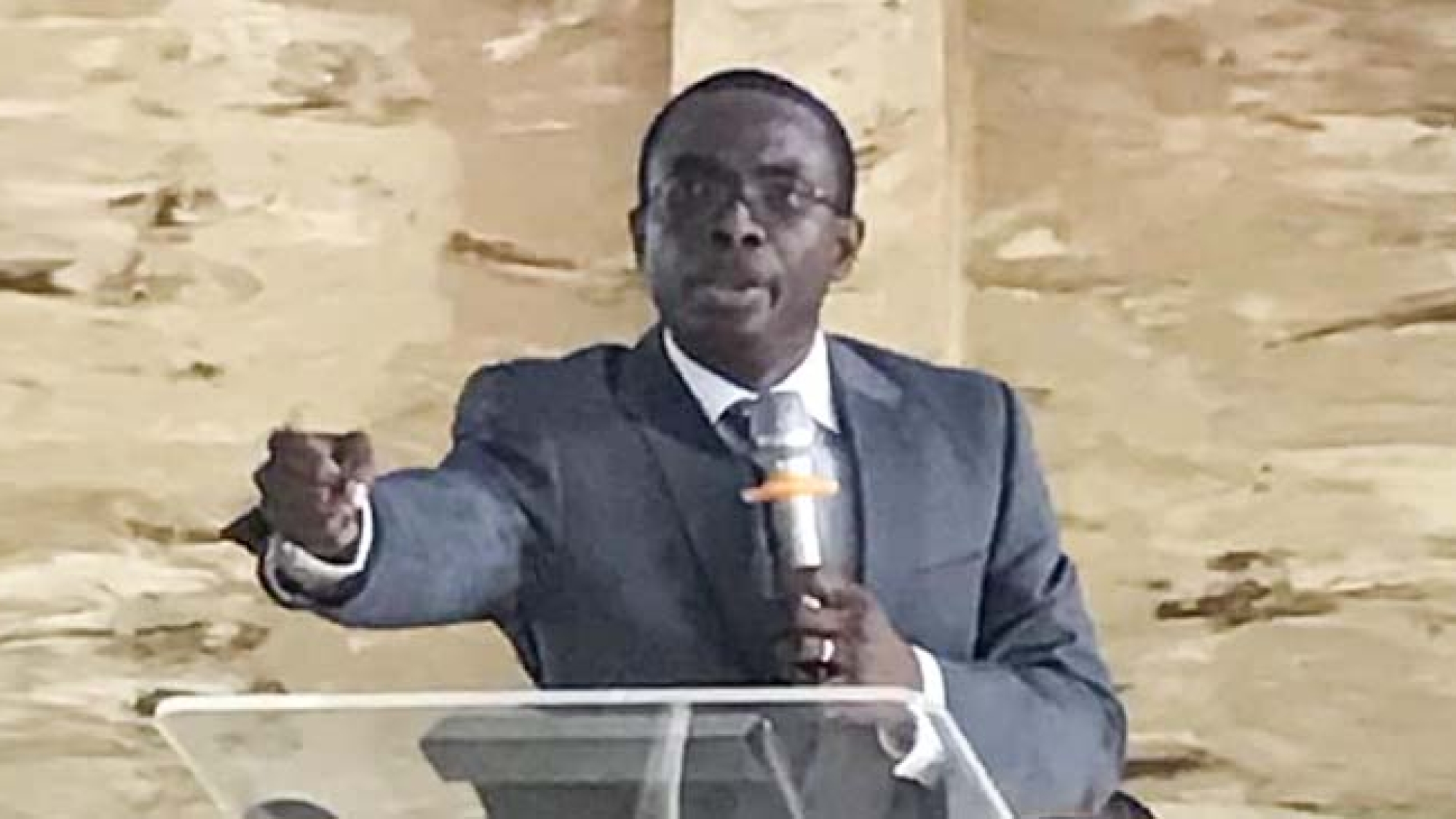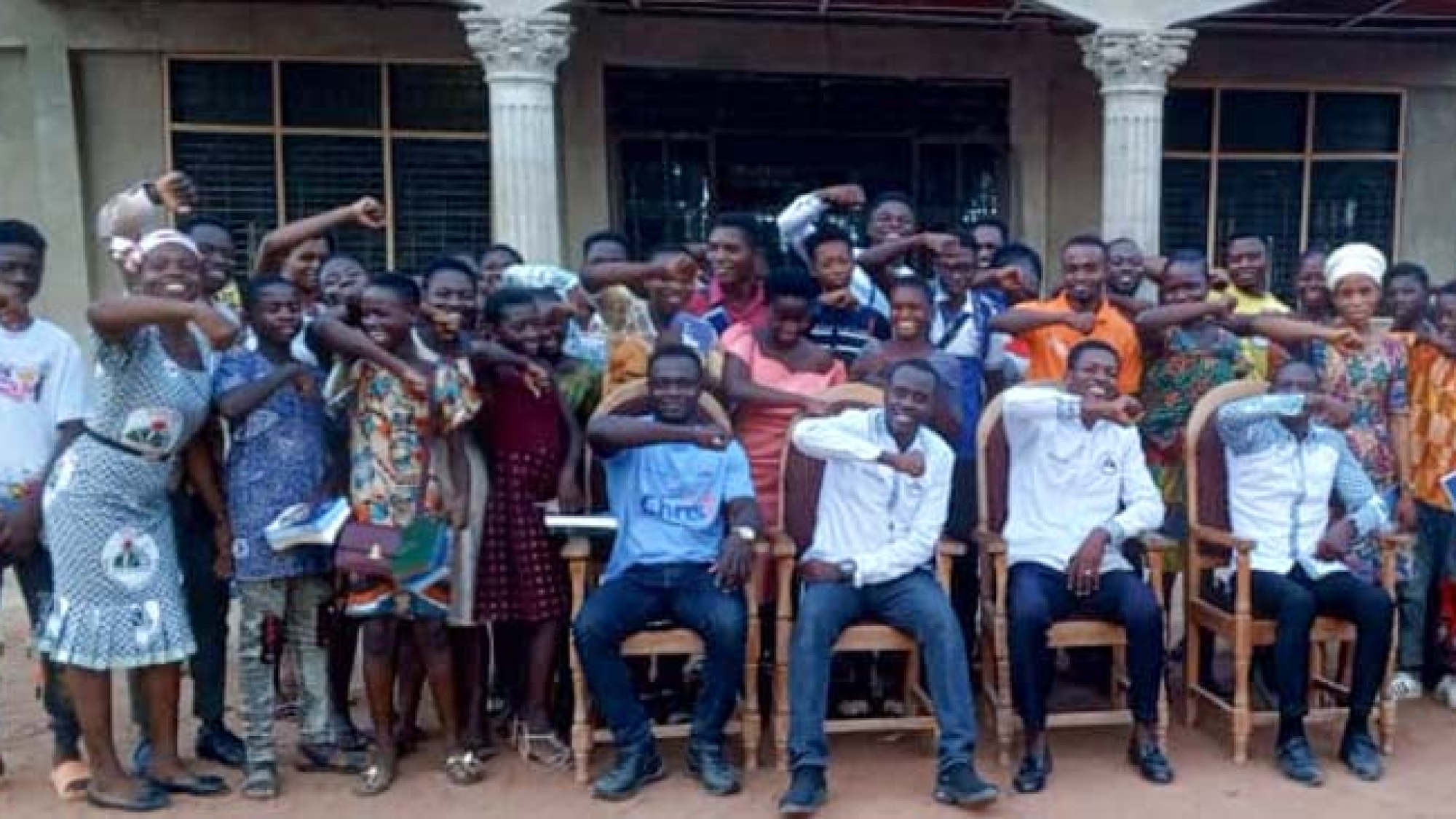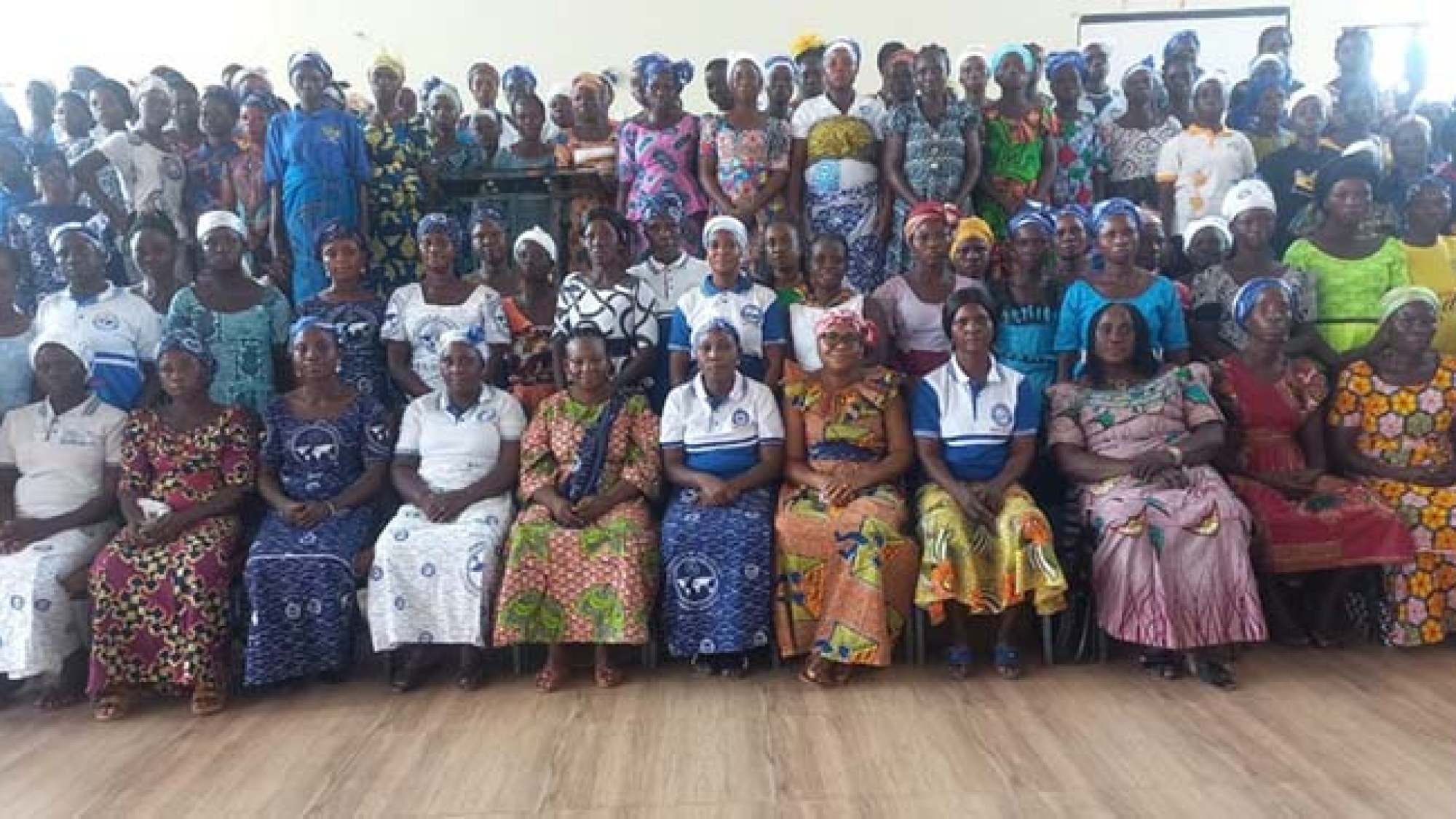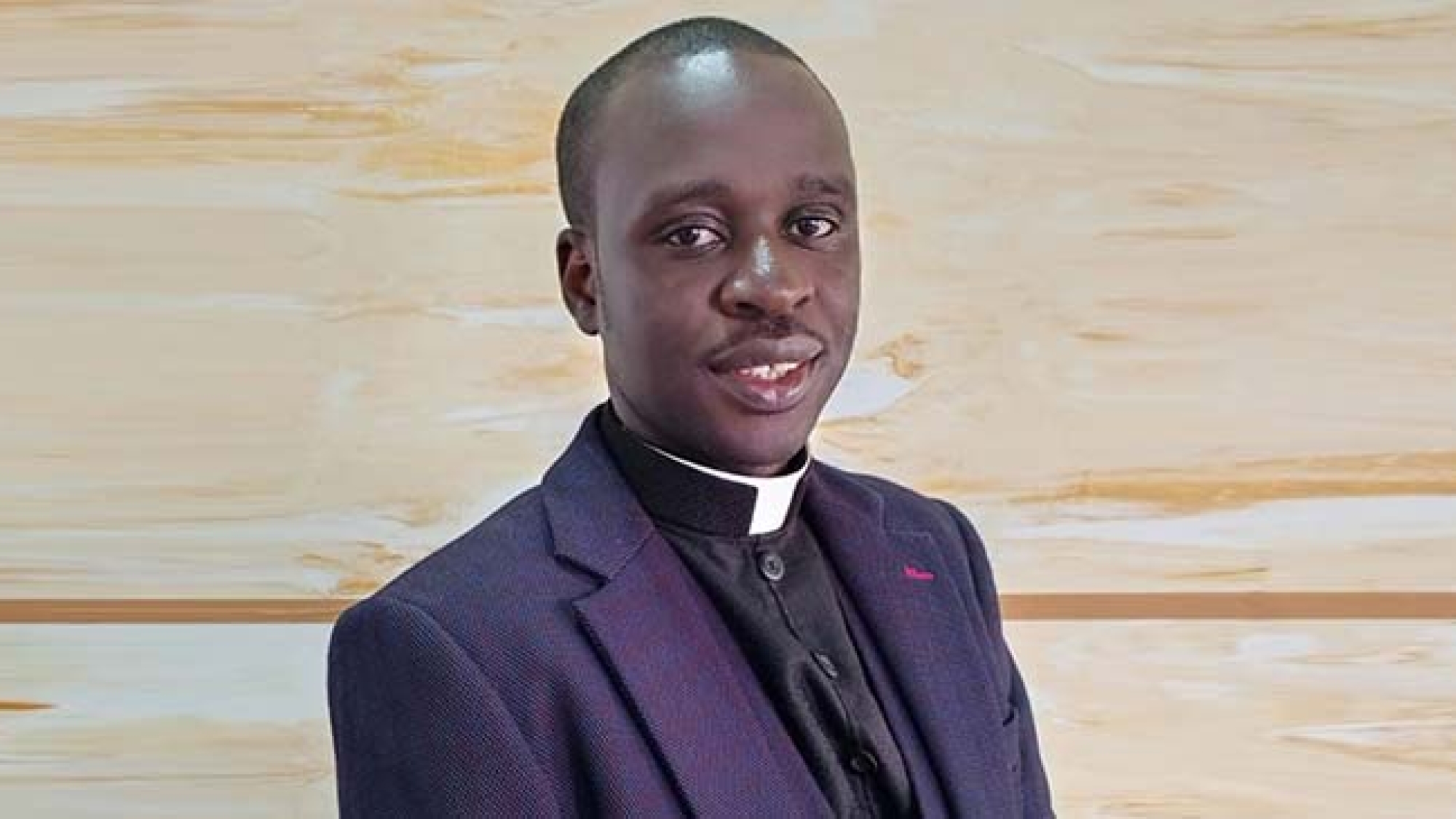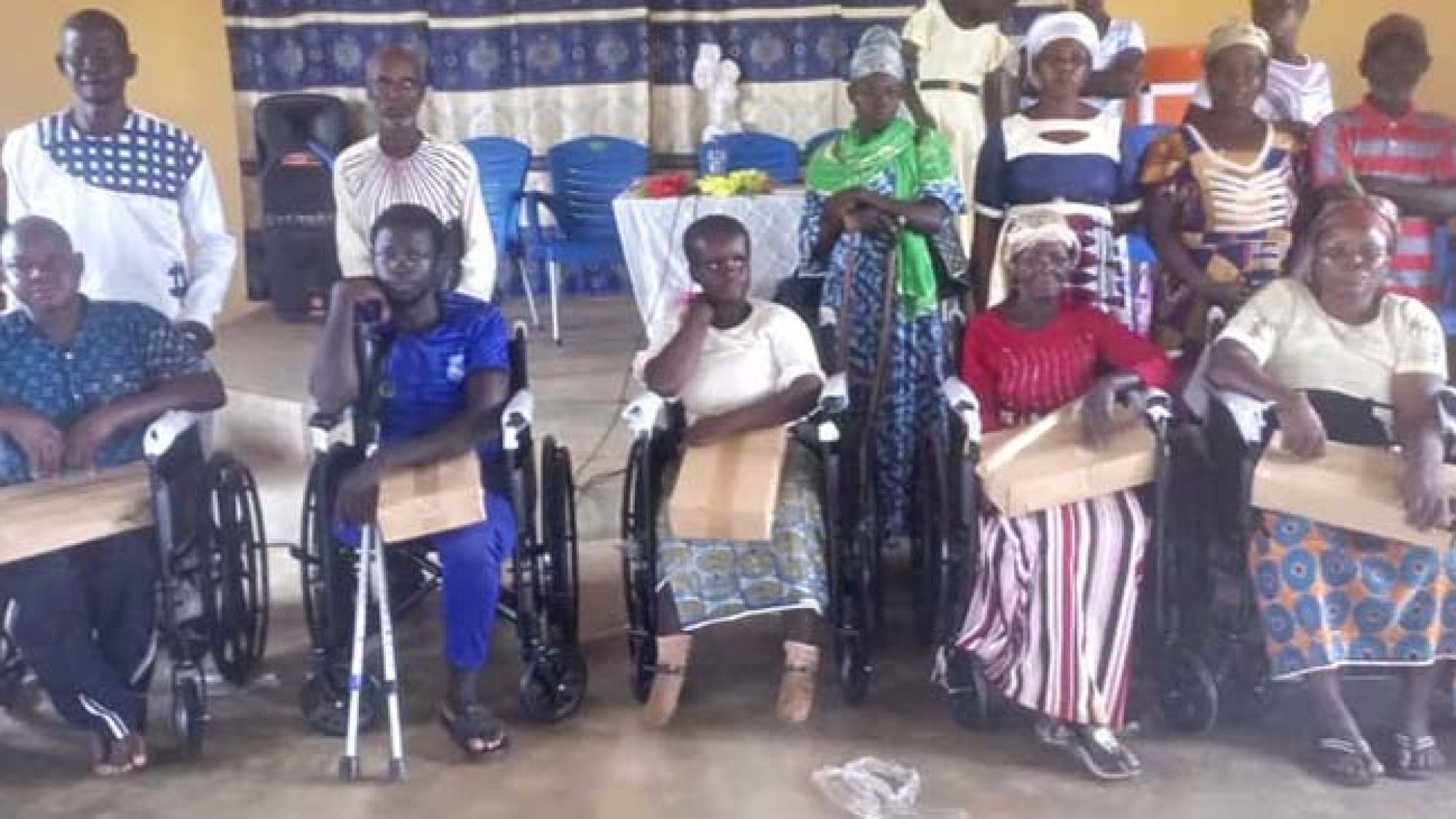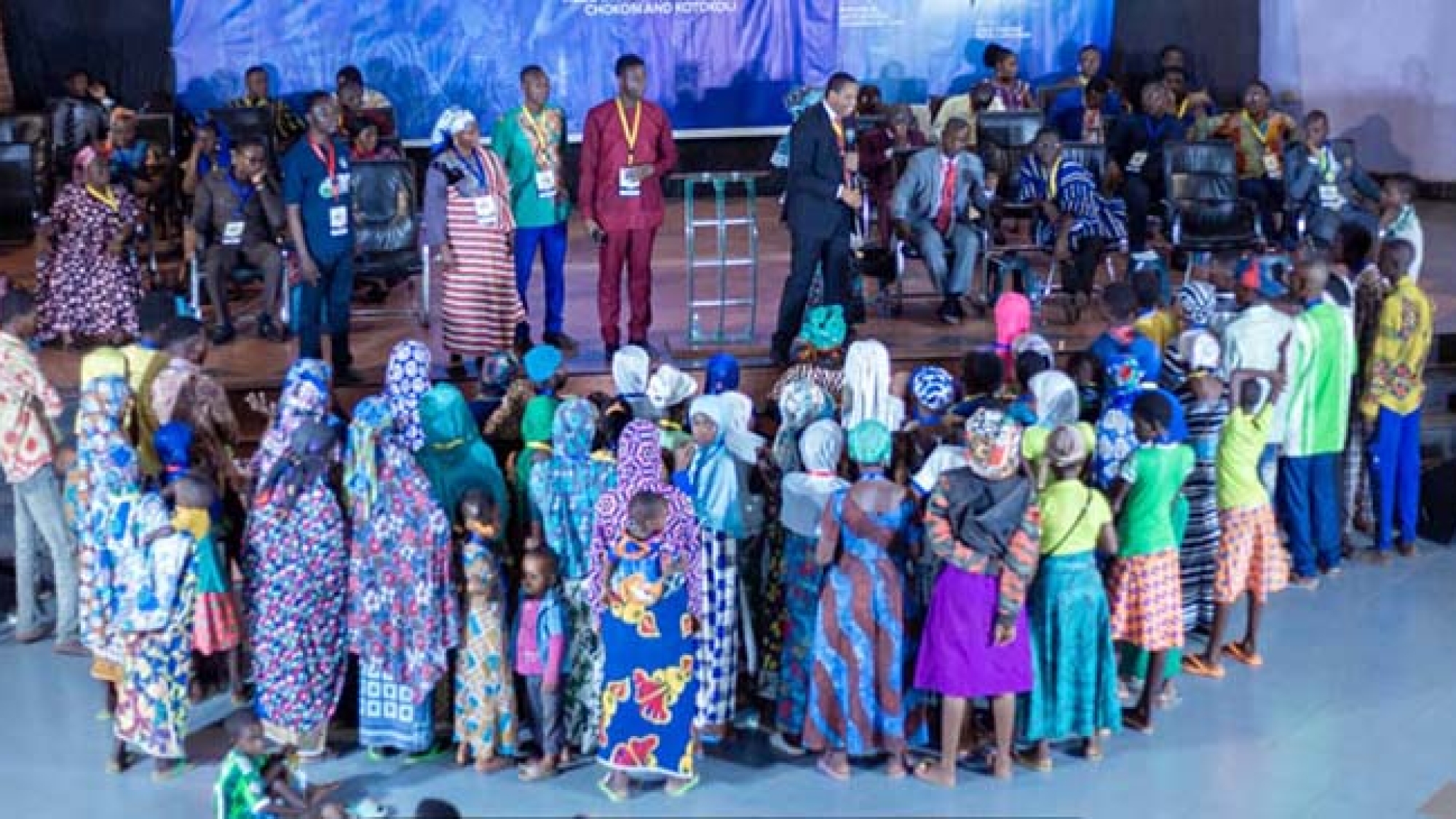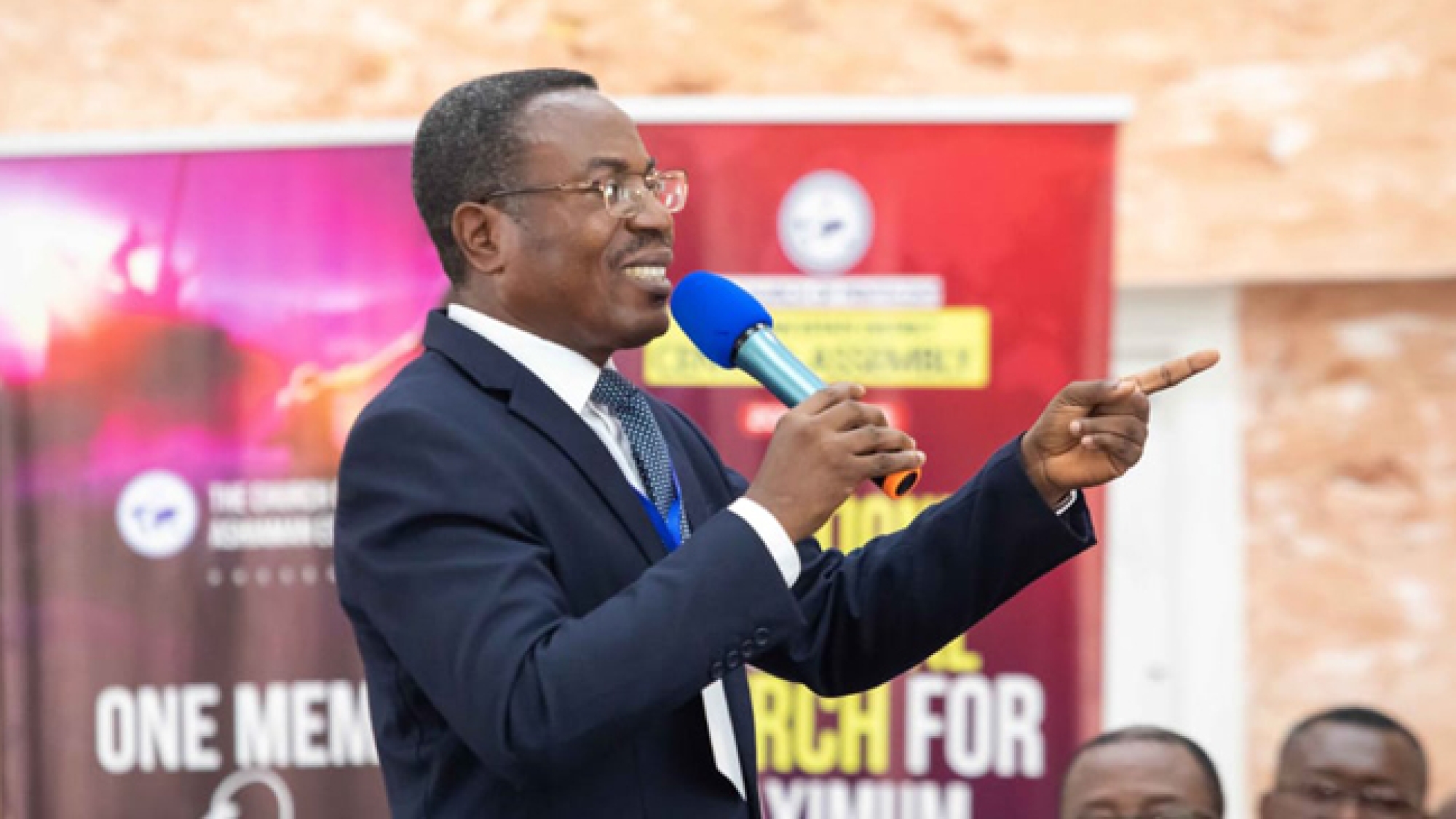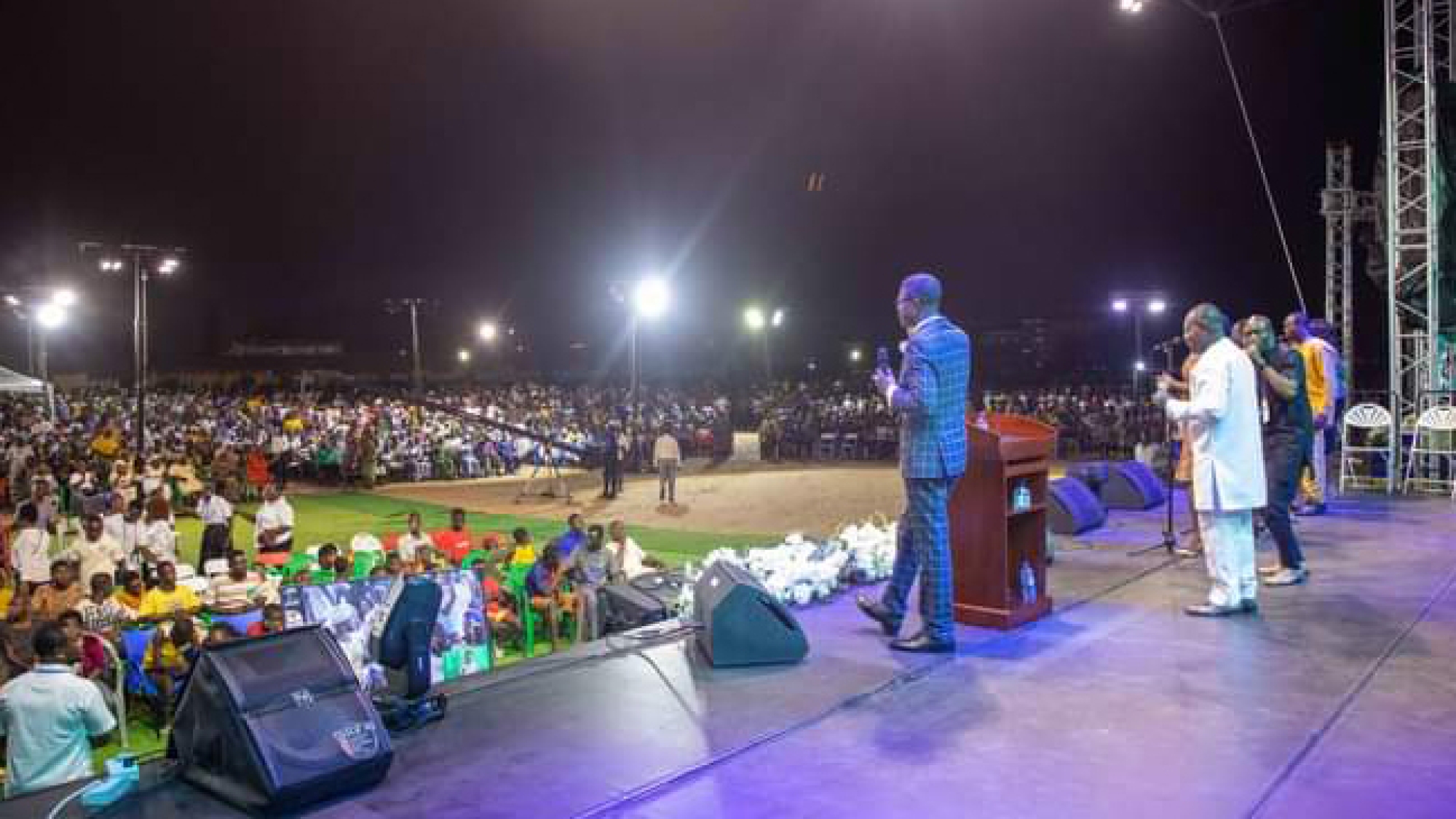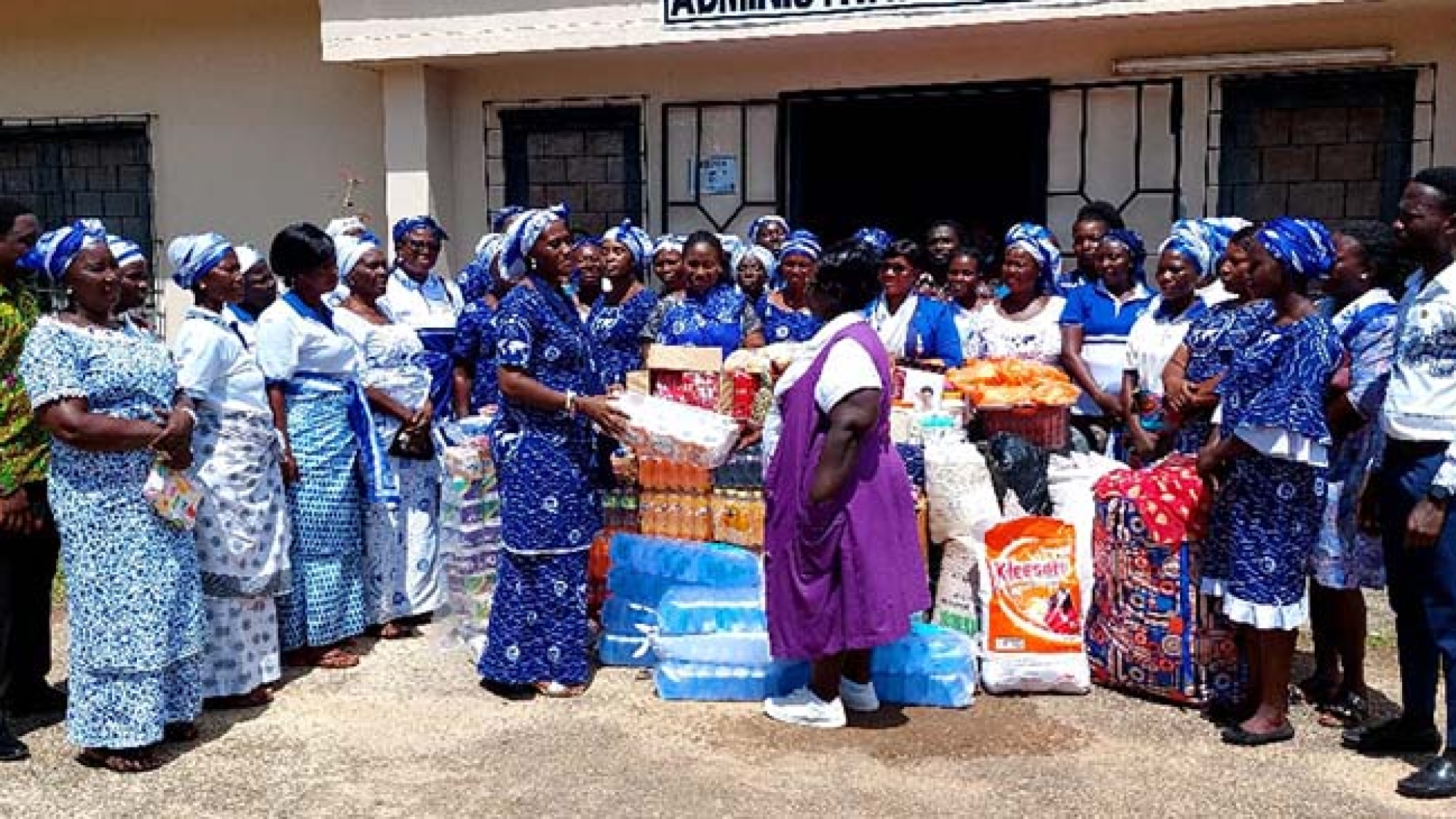“To everything there is a season, and a time to every purpose under the heaven” – Ecclesiastes 3:1 (KJV)
Indeed, everyone is born with a purpose. As the Scripture says, there is a season and a time for everything. This implies that we cannot relent in fulfilling our divine purpose on earth because of the lifespan of man. A time is coming where your season will pass, and there will be no opportune time to fulfil your purpose. Ecclesiastes 9:10 reminds us to do everything with might, for there is no work, device, knowledge, or wisdom in the grave.
Life’s challenges may hinder us, but in the midst of chaos, let us be PURPOSE DRIVEN. Let’s be determined in mind, soul, and spirit that come what may, we shall accomplish the purpose of God concerning our lives.
There are a few characters in the Bible I would love to mention as case studies who fulfilled their ministry irrespective of the circumstances around them. I will then briefly share my own life story.
The first Bible character I will talk about is DAVID. I love how David fulfilled his purpose regardless of his treatment at home. David, born out of adultery, faced desertion and dislike from his parents and brothers. At a tender age, he was asked to care for the family flock, always left alone in the wilderness to tend the sheep. Despite these challenges, David never blamed God for all that happened around him; instead, he praised God. His attitude of worship and adoration attracted God’s favour, and God provided for David in and out of season. David’s wilderness experience, where crops miraculously grew to sustain him, showcased God’s divine purpose for his life, planned before his birth according to Jeremiah 1:5. David’s journey continued until he ascended the throne, fulfilling God’s ordained purpose for him, becoming a powerful king over Israel and “a man after God’s own heart” (Acts 13:36, NIV).
The second is ESTHER, an orphan with a poor background who, through obedience to her uncle Mordecai, ascended the throne as Queen. Her purpose was to rescue the Jews from Haman, and she accomplished it brilliantly with the help of the Spirit of God.
The third is JOSEPH, sold into slavery by his own brothers due to hatred, yet he fulfilled the purpose of God concerning his life.
I would also like to discuss DINAH and TAMAR together as people who failed to fulfil their purpose and the cost it incurred. Starting with Dinah, in Genesis 34, she, a beautiful damsel among 11 brothers, faced a tragic incident at Shechem. Though her destiny could have continued, her brothers’ actions made her believe she could no longer fulfil her purpose. Many of us, like Dinah, feel we cannot make it due to mistakes, but abundant grace on the cross aids us in fulfilling our destiny. Rahab, a “professional prostitute,” fulfilled her purpose and became part of Jesus Christ’s genealogy.
Tamar, raped by her half-brother, nursed her pain until her death, remaining desolate in her brother Absalom’s house (2 Samuel 13:20, KJV). The message is clear: stop living in the past, for God has designated you for greatness.
Romans 8:28 reassures us that all things, both good and bad, work together for the good of those who love God and are called according to His purpose. No matter the circumstance, know that you were birthed for a purpose, and until you fulfil it, do not give up. Let us come out from the place of excuses. Instead, use those experiences to better our lives, as David learned how to rule a nation by tending sheep, and Joseph learned how to be an administrator by being in charge of the affairs of the prison. This leaves us no room to deceive ourselves about the fact that we can’t fulfil our divine purpose.
MY STORY
On this note, I will share my own personal experience with you so we are all encouraged to fulfil our purpose. My name is Mawusi Etornam Adjo Priscilla, the third of four children of my parents.
The normal conception period for every pregnant woman is nine months, leading to delivery, right? But mine was different. Nine months passed, and there were no signs of my delivery. The nine months turned into a year, still nothing. Two years passed, and I was still in the womb. Before me, my mom had lost a son who died in the womb due to a similar experience, but his was after a year. My mom engaged in intensive prayers and fasting, but I remained in the womb. She travelled to Togo due to criticism and stigma, where she encountered God divinely. Upon her return, her mother-in-law, who happened to be my grandmother, through a fetish priestess, told her that she would die with that baby in her womb since she still wanted to deliver.
Months later, upon her return, she was invited by one Pastor Kofi, who had been converted from being an armed robber, to an all-night service. At the service, the entire church prayed vehemently for her, and she felt touched by God, somersaulting with the two years pregnancy. The pastor prophesied that she would give birth on Monday. Miraculously, she heard me move in the womb for the first time in a long time, and she knew this was it.
With faith, she packed her things and went to the hospital early on Monday at the Wogba Community Hospital. She was told that the fetish priestess who threatened her had lost her daughter during delivery. In the hospital ward, she saw an angel of the Lord appear to her, assuring her that the child is not dead, and she will deliver safely. In the shortest possible time, she was in labour, and I came out with a thread-like rope tied around me. This was cut, and I sat down, having long nails as a new-born baby, to the amazement of all in the labour ward. This was because I had grown in the womb, and the date of my delivery was November 26, 2002. The news spread rapidly that the woman who had been pregnant for two years had given birth. Many people gathered around to witness the miracle, including my mom’s mother-in-law, who refused to come inside because she was furious, saying: “So you refused to die with this baby.”
The complications of my birth affected my height and weight because my mom was not eating much, always fasting and praying. Among my siblings, I am the smallest, and my younger sister teases me as the “fasting baby.” I was often neglected and not welcomed to play with my classmates. In primary 5 during break time, while playing hide-and-seek, a classmate asked me to go and sit because I wasn’t beautiful, which deeply pained me. In JHS 1, my class teacher once commented on the size of my head, saying it could generate plenty of money if used for rituals. I’ve always been left alone and find it difficult to socialise, but God is helping me, and He has made me beautiful now. During vacation from the first term in SHS, the guy who despised me expressed amazement at my transformation and even asked me to be his girlfriend, but I turned down the proposal and rather shared the gospel of Jesus with him.
One thing I’m always happy about is that during those tender ages, I was really close to God. I had visions and dreams of Jesus and His angels speaking to me. When I communicated this to my siblings, they laughed at me, but I wasn’t discouraged. I was also baptised with the Holy Spirit at the age of 11 and communicated with Him as a person right before me, resulting in my nickname “Scilla HolySpirit.”
When I prayed to God and relied on Him to define my present and future, He turned my life around. He made me so beautiful that my elder exclaimed one day after I came back from the salon, “Wow, Adjo, you are not just looking beautiful, you are really beautiful.” I’ve had other females and males appreciate my beauty, and you know it’s one thing for a guy to appreciate your beauty and another for a female to.
GOD HAS SEEN ME THROUGH
God has endowed me with almost all the spiritual gifts mentioned in 1 Corinthians 12:6-11. Additionally, He granted me physical recognition and favor among men, assigning me positions such as the Girl’s Prefect in my JHS, Protocol Prefect, and PENSA President in the SHS, Course Representative in my university program at Pentecost University (PU), an Assistant Prayer Secretary in PENSA-PU, and an Executive Committee Member for the SRC Chaplaincy in Pentecost University – the only university A+ in the world. All these positions were granted for His divine purpose to influence and impact lives, and I hold them in high esteem. I am forever grateful.
What’s more, the Almighty God, through His Holy Spirit, has given me a special ministry. In this ministry, I teach young ladies to become better versions of themselves spiritually, physically, psychologically, and emotionally, regardless of their past or societal expectations. Initially hesitant, I obeyed God’s calling when He spoke to me about it on January 1-3, 2021. He provided the foundation scripture, Jeremiah 31:22 (KJV), which emphasises that women have a purpose to fulfil. The “Women on Fire Ministries,” which began on January 11, 2021, on a conference call, has transformed lives. By God’s Grace, we now have a Facebook and WhatsApp page, and we pray for more grace to continue touching lives. I shepherd sons and daughters, some older than I am.
I didn’t know I could reach this age because I was suicidal at 13. Overwhelmed by loneliness, I attempted to take my own life by hanging a skipping rope in our room. Miraculously, God intervened through my mom’s apprentice, saving me from that dark moment. Today, I am here by the Grace of God and will be celebrating my 21st birthday on Sunday, November 26.
GOD CAN DO SAME FOR YOU
If God can use someone like me, who was once suicidal and small, to transform lives, then you are in a good position to fulfil your purpose, my dear. Regardless of your past, you can fulfil God’s purpose for your life.
All you need to do is plug into the source of your life, Jesus Christ, for He declared in John 14:6 that He is the way, the truth, and the life. “We can turn to what God has said about our lives in His Word. The easiest way to discover the purpose of an invention is to ask the creator of it. The same is true for discovering your life’s purpose: Ask God” (Rick Warren, from his book, Purpose Driven Life).
To discover your purpose in life, you must turn to God’s Word, not the world’s wisdom. In Ephesians 1:11 (MSG Bible), the Bible states, “It’s in Christ that we find out who we are and what we are living for. Long before we first heard of Christ and got our hopes up, He had His eyes on us, had designed us for glorious living, part of the overall purpose He is working out in everything and everyone, including you.”
You are not an accident. God had you in mind long before you were born. Despite your past or current situation, there is a generation eagerly anticipating the impact you will make. If Christ had focused on the threats of the Pharisees or the sadness of His place of birth, He wouldn’t have fulfilled God’s divine purpose as the Saviour of the world. Bear in mind that you are a saviour wherever you find yourself now, enduring pain to be a ladder for others. Stop the pity-party, as you cannot undo the past, but you can change the future by rising up to your destiny, for God is not done with you.
Let’s be sure to be led by the Holy Spirit to fulfil God’s divine purpose because the devil also makes us fulfil his purpose by providing counterfeits. He almost thwarted the ladies’ ministry God had in mind for me when I started a club in JHS named Girl’s Talk, where we met to gossip and criticize. He also exposed me to a group of lesbians who nearly changed my destiny. However, God has been faithful, delivering me from all these and bringing me to fulfil His divine purpose.
I’m still on the path of fulfilling God’s divine purpose concerning my life. I may be small in nature, but that’s not my end. I have a purpose to fulfil because nations await my impact, just as they await yours. (Romans 8:19).
Remember that we are “A PEOPLE OF GOD UNLEASHED TO TRANSFORM OUR WORLD,” as the theme for 2024 admonishes.
God bless and help us all to fulfil His divine purpose in our own generation, just like David did, for our life is like grass (Acts 13:8, NIV; Ecclesiastes 3:1, KJV; 1 Peter 1:24).
Written by Priscilla Mawusi (Pentecost University)





